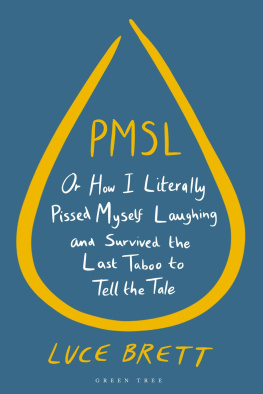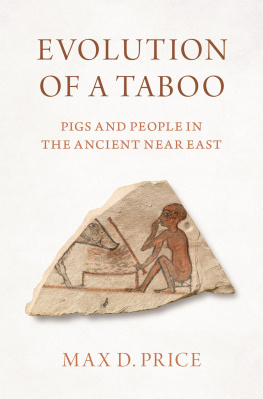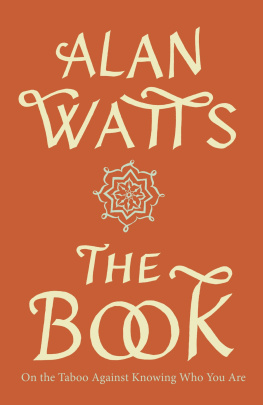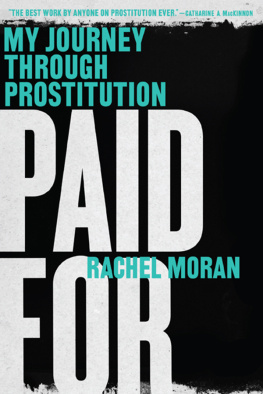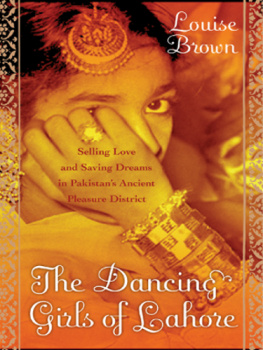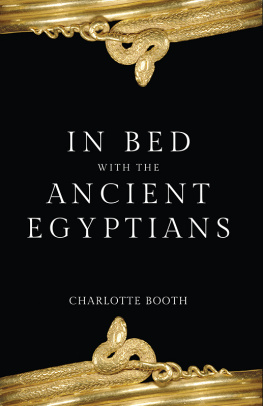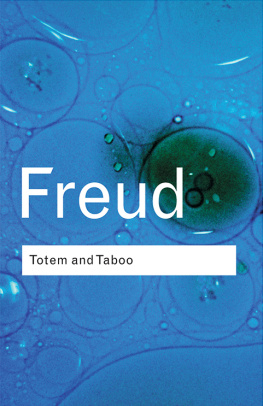TABOO!
The Hidden Culture of a Red Light Area
Fouzia Saeed
Foreward by I.A. Rehman
Thank you for buying this eBook,
published by Made for Success Publishing
To learn more about Made for Success Publishing you can visit us at:
www.MadeforSuccessPublishing.com
Copyright 2015. All rights reserved.
In accordance with the U.S. Copyright Act of 1976, the scanning, uploading, and electronic sharing of any part of this book without the permission of the publisher constitutes unlawful piracy and theft of the authors intellectual property. If you would like to use material from the book (other than for review purposes), prior written permission must be obtained by contacting the publisher at . Thank you for your support of the authors rights.
Distributed by Made for Success Publishing
Cover Design and eBook Conversion by DeeDee Heathman
For ordering information, please contact Made for Success +14256570300
Saeed, Fouzia
Taboo! The Hidden Culture of a Red Light Area
ISBN: 978-1-61339-8-470
1. Social Science / Womens Studies
2. Social Science / Gender Studies
3. Political Science / Women in Politics
Table of Contents
Acknowledgements
I would like to acknowledge and thank some important people without whom it would have been difficult for me to complete this book. Words seem too limited to express my gratitude to them.
First I must acknowledge the people of Shahi Mohalla, who opened their homes and lives to me and vested their trust in me. It was only their generosity that made it possible for me to open up their world to others. Due to confidentiality I cannot mention their names individually but would, however, mention ustad Mohammad Sadiq and Mehmood Kanjar Sahib, who specifically allowed me to use their real names in the book, for their help and generosity.
My parents, Saeed Ahmad and Farhat Saeed, allowed me to work on such a tabooed topic, and supported and encouraged me throughout the many years of my research. I am fortunate to have parents who are liberal, and for whom their children's learning and happiness is a high priority. My brother, Dr. Kamran Ahmad and niece Sadaf Ahmad supported and encouraged me to finish my manuscript, and for gave me substantive comments. My sister Maliha, actively supported and prayed for my safety.
Paul Lundberg, my husband and best friend, made his biggest contribution to this book by encouraging me to switch my style from a purely academic one to a more informal one, one that was geared towards a broad based readership. He was a friend and partner throughout the writing process, a sounding board to my idea. He lifted my spirits, and offered me bowls of chocolate ice cream whenever I was too tired to go on.
Many professionals in the field of culture and other friends gave me feedback and comments on the manuscript. Friends such as Yasser Noman, not only gave me his expert views on the musical aspects, but also supported me actively through all stages of the book.
Mr. I.A. Rehman, believed in my capability to do this research study and continuously pushed me to complete this project over the last several years. He has been important in this process for me from the very beginning. He has been familiar with all the hardships I faced, and was always there to give me advice whenever I would face a dead end.
My friend, John Krignen, from SWISS INTERCORPORATION, arranged travel funds at the last stage of my research, when my personal resources had totally depleted.
Sajid Munir, caught the essence of the Mohalla through his photographs allowing me to concentrate on the unseen details in their social system.
Dedication
Dedicated to all those who are struggling to keep the Eastern music alive!
I had just finished fourteen months of fieldwork, logging thousands of kilometres on my old Toyota in the process. During that time, I met unnumbered inhabitants of Shahi Mohalla in Lahore, taped many hours of conversations, engaged in some confrontations with the police, and ended up with four slashed tires; yet I was still full of questions. I was desperate to talk to someone who could help me understand how this traditional system of prostitution in Lahore relates to our society. Fortunately, on returning to Islamabad I had a message to call Amjad Shah.
Amjad Shah is a senior police officer in Islamabad and a personal friend. He invited me to his house to discuss where my study had reached and what I was finding. He was also more than a little worried about me and wanted to know if I was okay.
Despite our friendship, I had rarely seen him out of uniform, but here he was wearing a shalwar kamiz (traditional Pakistani clothes). His living room was decorated tastefully in a contemporary style. I exchanged greetings with him and his wife. Sadiqa was a shadow-being, bringing tea and delicious snacks for guests, persuading them to eat more, then quietly exiting before the discussions began.
As we sat down in the living room, Amjad said, "I understand that the police have been quite resistant to your research."
I answered that I had experienced resistance not only from the police, but also from the Ministry of Culture, whose attitude toward my studying the red light district of Lahore was very negative. I mentioned as well another, less direct, kind of resistance -- the subtle social disapproval of a middle class woman getting involved with such topics. Hardly anyone encouraged me to continue my research, so strong was the taboo associated with the area and the profession. On the other hand, there was also a scandalous anticipation, as if hoping I might come up with some juicy stories.
I asked him what he thought of the secrecy surrounding the Mohalla, and why it was so difficult to find out anything about that place. I tried several public offices and had tried to contact the police, but apparently no one wanted to have anything to do with research that could uncover any facts about the area.
"Why this mystery, creating such a romantic, yet frightening and repulsive image?" I asked.
"You are stepping on many people's toes", he replied. I told you that before."
"No Its more than that. The reaction is almost instinctive.
"Instinctive?" he sounded surprised. "Do you mean that people hate prostitution biologically?"
"No, by 'almost instinctive' I mean that when something is so deeply socialized, generation after generation, one forgets that it is a socialized value and not natural behaviour. It becomes part of the psyche on a very deep level, acted on without thinking. Most of our gender roles are like that," I tried to explain.
He became serious and said, "The place is taboo, so what do you expect? Sure, people are socialized to fear it."
"Not everyone! Its just the general impression that is maintained. After all, many people from this society like the Mohalla enough to visit it regularly as clients. My point is that society tries its best to hold on to certain myths it has created about the Shahi Mohalla. Through these myths we maintain the mystery, keeping a desirable distance from the Mohalla ourselves whilewe keep the focus on those bad people in the business and, most importantly, protect those whom the prostitutes serve.
Amjad Shah picked up a pipe from a table next to him and lighted it. He sank back in his chair and asked, "What myths?"
"Let me use rape as an example", I said. This is just an example. Im not saying that prostitution is rape. Do we agree that society totally condemns rape?
Amjad nodded, "Yes, of course!"
"At the same time, however, we often instinctively defend the rapist, by evoking certain myths: It is always the womans fault. She must have dressed wrong. She must have given the wrong signals. We create myths about the rapists, too. Only crazy people commit rape; they cant be normal. We call it a crime of passion, caused by sexual suppression and frustration.
Next page

